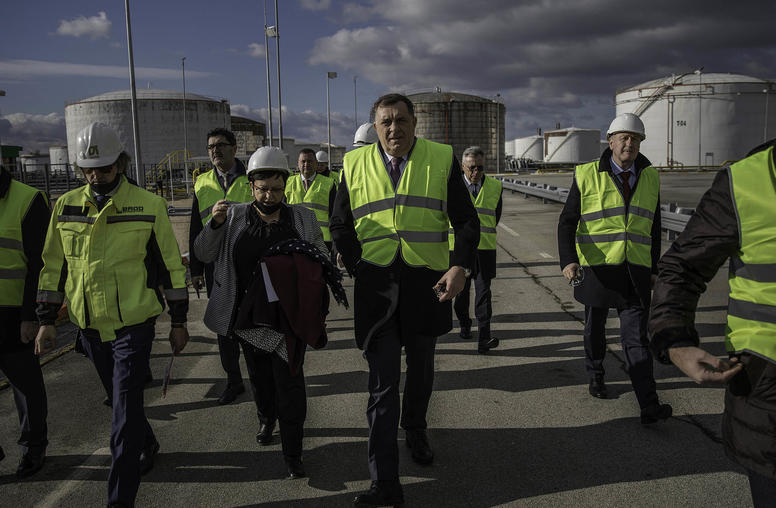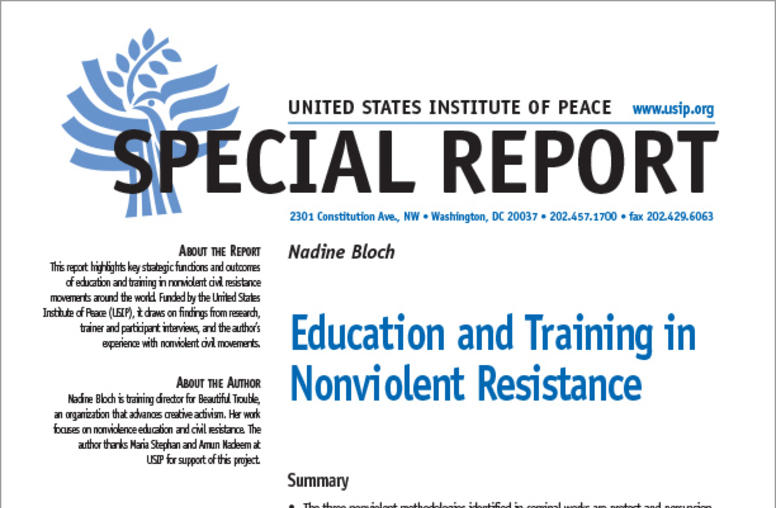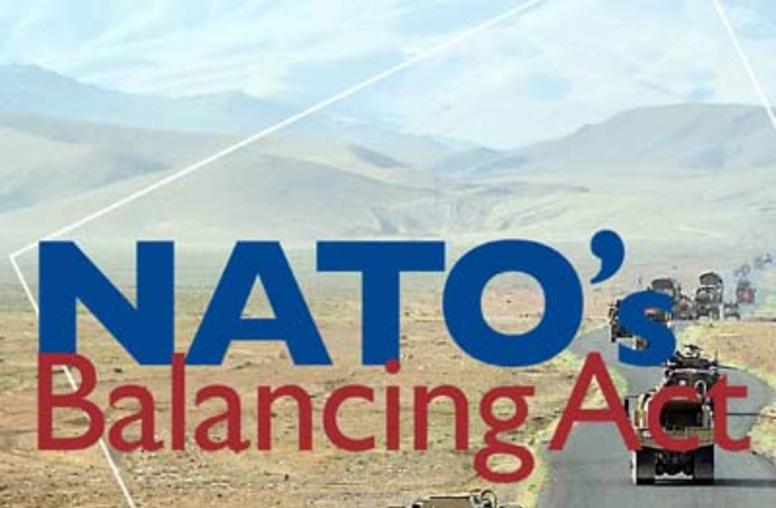Negotiation skills training can enable combatants to avoid violence in the future by providing "new things that I will use in the future," says one workshop participant.
Ted Feifer, dean of students at USIP’s Academy for International Conflict Management and Peacebuilding, conducted an advanced negotiation skills training for the OSCE Mission in Kosovo, held in Pristina, November 17–19, 2010.
The role of the OSCE Mission in Kosovo is to "take the lead role in matters relating to institution- and democracy-building and human rights and rule of law." The mission was established in 1999 in the face of continuing violence in Kosovo.
The 13 participants that completed the program represented the mission headquarters and five field offices, a cross-section of professional functions, and international and national staff. The internationals came from Turkey, France, Belgium, Austria, Sweden, and Italy.
The program objectives were to strengthen participants’ core skills as individual negotiators and as part of a team; to identify and respond more effectively to common negotiation tactics; and to handle crucial conversations better.
The workshop challenged participants to define advanced negotiation skills, create a personal negotiation development plan, and identify barriers and stimulants to negotiation. The trainer-led modules dealt with conventional wisdom on negotiation, and when to be unconventional; conducted exercises illustrating common negotiation tactics; explored the best ways to conduct crucial conversations; and examined how to motivate reluctant negotiators, assess the core competencies of an advanced negotiator, understand and be able to use emotion in negotiation, and recognize and deal with a deceptive negotiator.
The workshop culminated in a small group exercise to analyze a complex multiparty scenario. One participant described this as “excellent training! I learned new things that I will use in the future.” Another termed this “one of the best workshops I’ve attended.”
Explore Further
- Humanitarianism in Crisis
- Economic Reconstruction in Conflict-Affected States
- Social Reconstruction and Human Security
- Introductory Course on the Organization for Security and Cooperation in Europe (OSCE)



